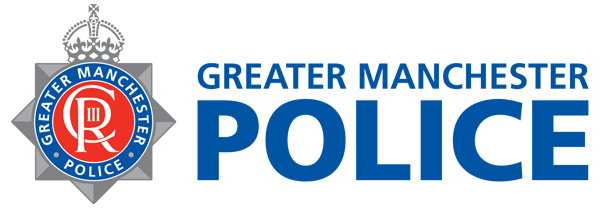|
Good afternoon Resident, Yesterday (17/10/2025), Jigsaw Housing working in partnership with the Ashton Hurst neighbourhood team obtained civil injunctions against three males, who were believed to be cuckooing a vulnerable resident at an address on Burgess Avenue.
This injunction gives the police the power off arrest if any of the three males attend the address or even enter the street.
The term “cuckooing” takes its name from cuckoos who take over the nests of other birds to lay their eggs. In the unlawful sense of the word, it is a practice where people take over a person’s home and use the property for some form of exploitation.
The victim's home may be used for:
- dealing drugs
- storing weapons
- sex work
- other illegal activities
By using the victim's home, the criminal hopes they can avoid the police.
Criminals usually target vulnerable people.
This may be:
- someone with a drug or alcohol problem
- someone with money troubles
- someone with a mental health issue or disability
an elderly person
The criminal often gives the victim something first. This could be money, drugs, or help.
Later, they convince the victim to let them use their home. They may do this through intimidation or as part of a friendly relationship.
Once inside the home, the criminal usually becomes more aggressive. They take control, and other criminals may visit or stay there. The situation may become so bad that the victim no longer wants to be in the home.
The criminal may try to make the victim do things, like sell drugs.
The victim may feel too frightened to tell anyone. They may still care about the criminal and see them as a friend.
Signs to watch for Some of these things could be a sign of cuckooing. The victim may show:
- a change in mood
- a change in behaviour, for example, less contact with family, friends or neighbours
- a change in routine
- a change in appearance, for example, an injury, weight loss or not taking care of how they dress At or around the home, you may notice:
- lots of visitors
- bikes and cars always arriving or parked nearby
- antisocial behaviour
- graffiti or damage
- litter such as alcohol bottles or cans
- drug-related items such as syringes, foil or cling film
Reporting it to the police When to call 999 Call 999 now in emergency situations like these:
- there is an immediate danger to life
- someone is using violence or is threatening to be violent
- a crime is happening right now and the suspect is still at the scene
Hearing or speech impairments
If you’ve pre-registered with the emergencySMS service, use our textphone service 18000 or text us on 999.
Call 999 BSL to use a British Sign Language interpreter.
| 





